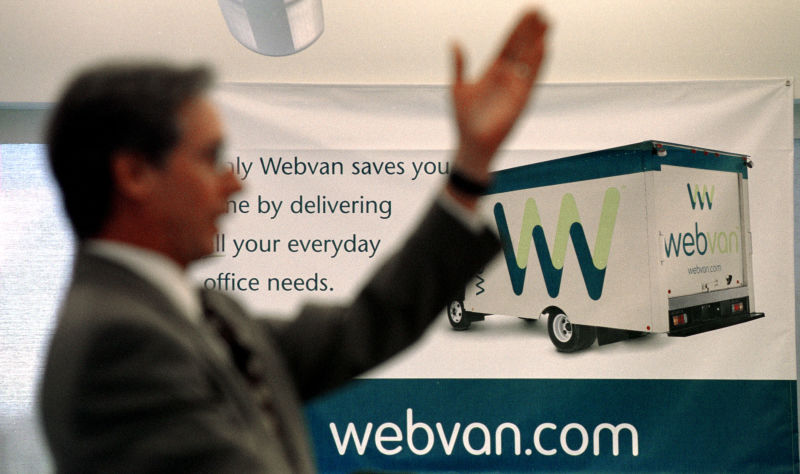No one's saying the party's over or anything, but the spectacle of stock indexes opening with drops of 2 or 3 percent, the way they have this week, can start you thinking about the past. The end of the dot-com bubble, for instance.
That plunge, which began early in 2001, did shut down a prolonged round of partying in the Bay Area. The story need not be repeated in detail, but yes, billions were invested and lost on can't-miss Internet-based enterprises like online grocery shopping and delivery (Webvan), pet food shopping and delivery (Pets.com), and ill-conceived or badly timed or fabulously cash-intensive search and publishing efforts too numerous to want to remember.
Again, 2016 isn't 2001. Sure, it's not hard to spot new-generation Web companies that are stumbling along after highly touted public stock offerings. Twitter, for instance, and Zynga. But the most talked-about new-wave companies, Uber and Airbnb, have stayed away from the public markets while they pile up round after round of private investment and build their valuations into the tens of billions of dollars.
What have those companies and their more established counterparts wrought?
The technology sector, old-line and new, has played such an outsize role in driving the Bay Area's economic boom that's it's spawned a series of best-selling books, Hollywood movies and even an HBO geek sitcom.
